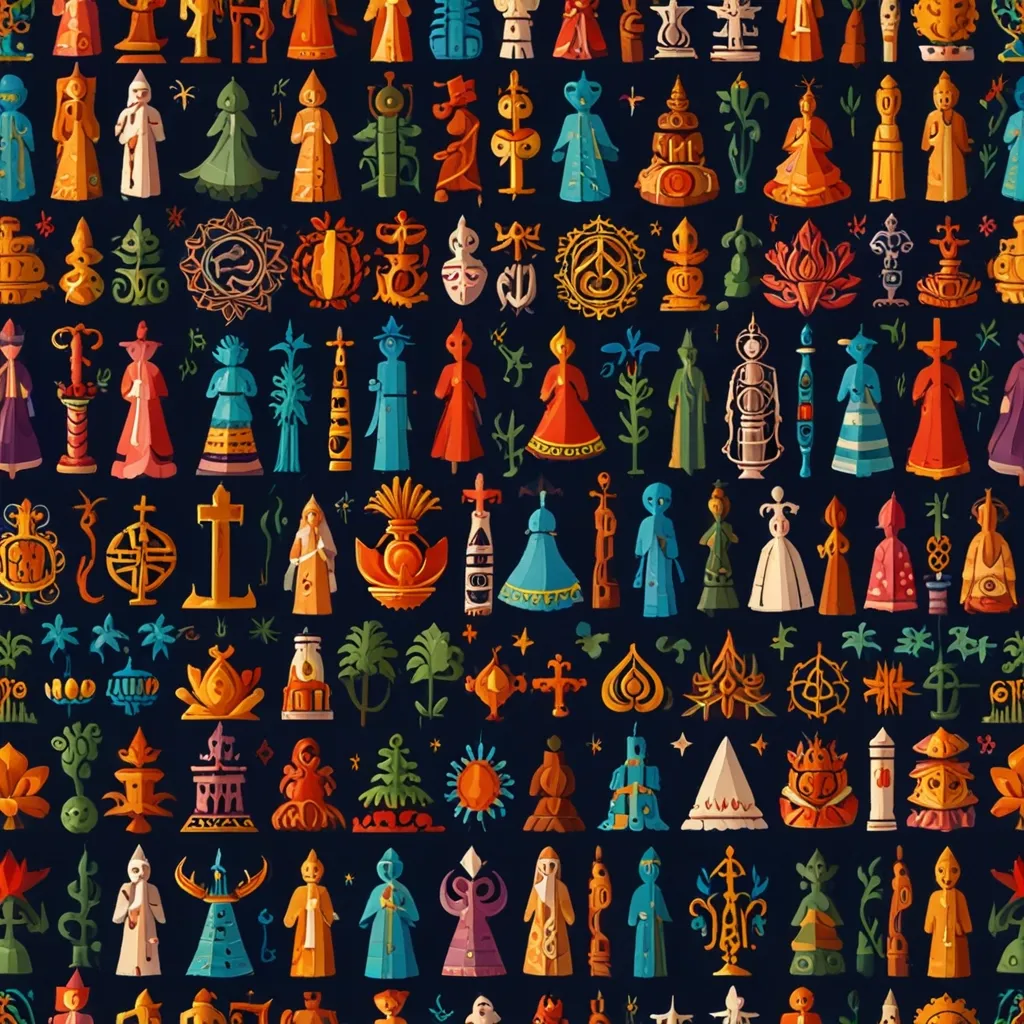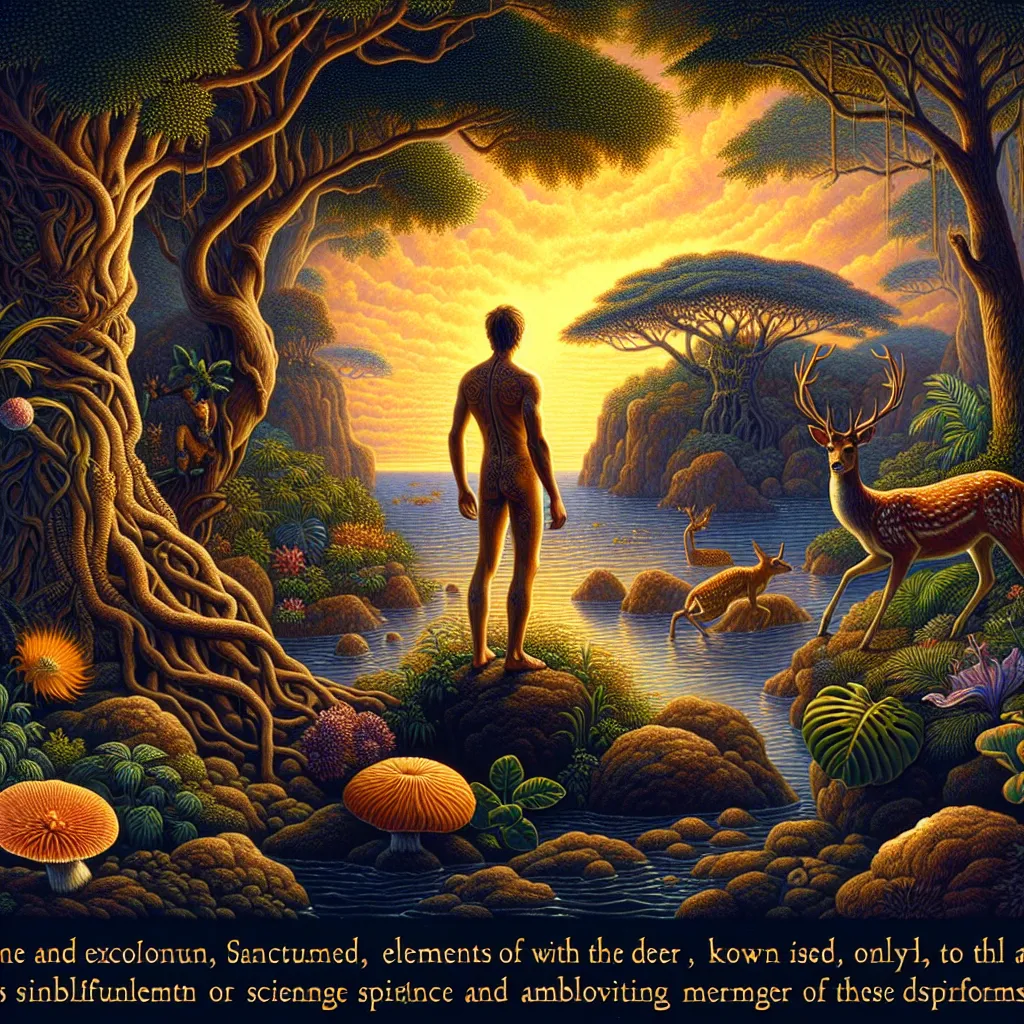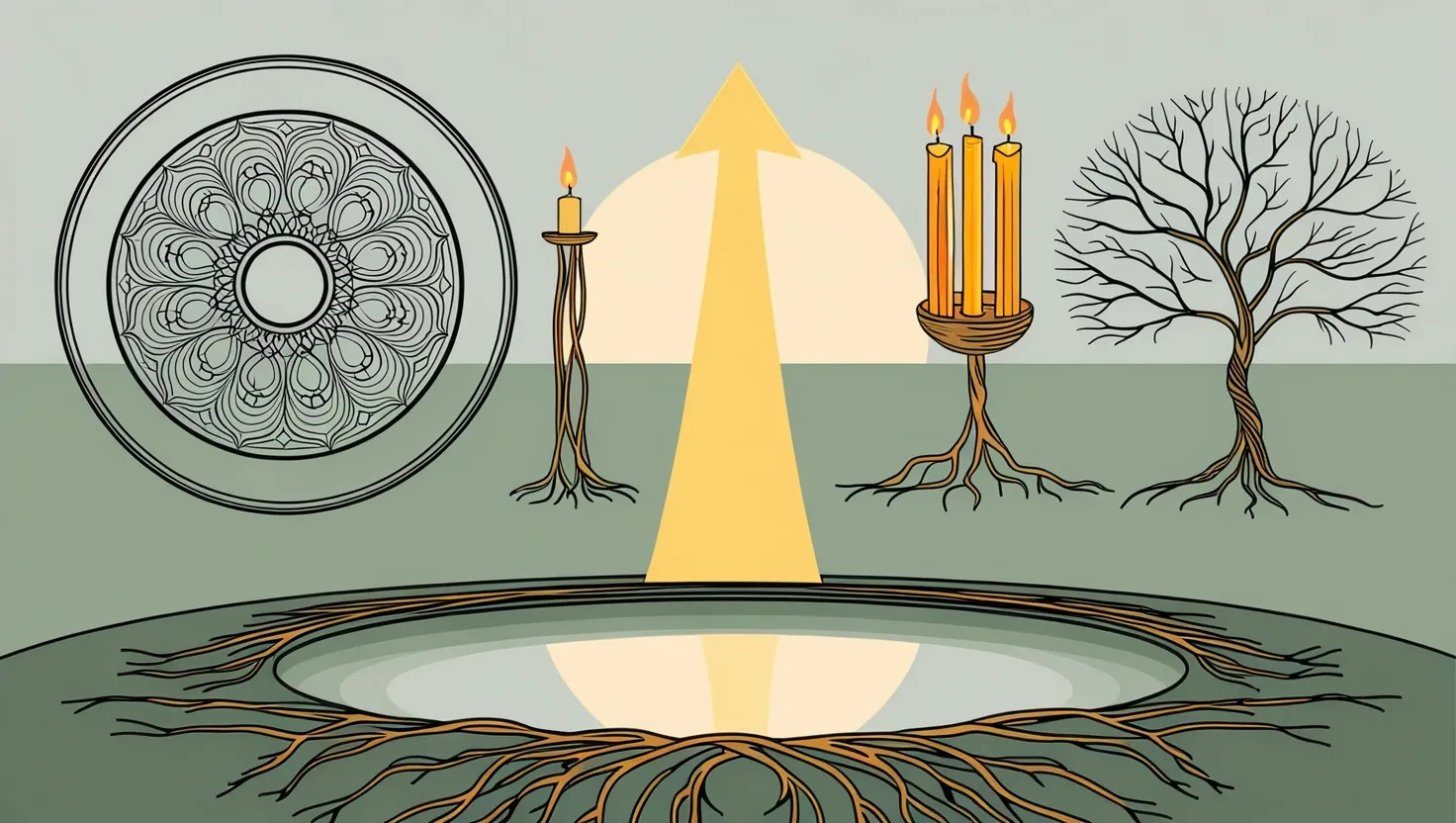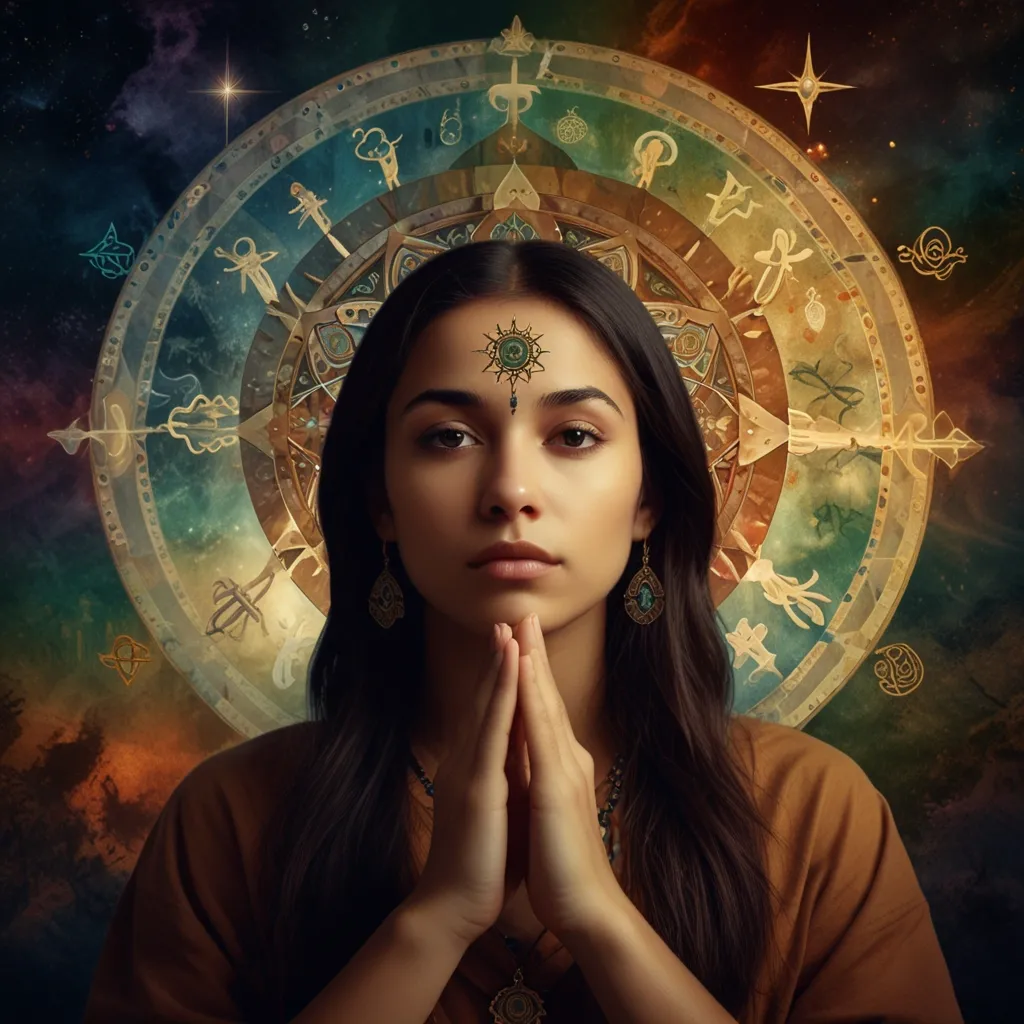The world is like a melting pot of different religions, each with its own beliefs, practices, and history, all of which have significantly influenced billions of lives globally and continue to shape cultures, societies, and individuals.
Hinduism is one of the oldest and most widespread religions. It hails from the Indian subcontinent, notable for its rich mix of beliefs and practices. The concept of dharma, or righteous living, and moksha, or liberation from the cycle of rebirth, are central. People know Hinduism for its numerous gods and goddesses, and its sacred texts, the Vedas and Upanishads.
Buddhism sprouted in India in the 6th century BCE, founded by Siddhartha Gautama, aka the Buddha. It revolves around the Four Noble Truths and the Eightfold Path, aiming to guide followers towards enlightenment and ending suffering. This religion has spread broadly across Asia and beyond, branching into various traditions such as Theravada, Mahayana, and Vajrayana.
Judaism is ancient and one of the earliest monotheistic religions, starting over 3,000 years ago in the Middle East. It’s based on the belief in one God and the Torah, the first five books of the Hebrew Bible. Judaism is well-known for its rich traditions of law, ethics, and rituals, emphasizing the special covenant between God and the Jewish people.
Christianity, emerging from Judaism, stands as the largest religion globally. Followers base their faith on the teachings of Jesus Christ and the belief in one God in three forms: the Father, the Son, and the Holy Spirit. The Bible, split into Old and New Testaments, forms its holy text. Christianity boasts many denominations like Catholicism, Protestantism, and Eastern Orthodoxy.
Islam, another major monotheistic faith, was born in the 7th century CE, founded by the Prophet Muhammad. Followers worship one God, Allah, and adhere to the teachings of the Quran. The Five Pillars of Islam include the testimony of faith, prayer, fasting in Ramadan, giving to charity, and the pilgrimage to Mecca. Islam’s legal and ethical system, Sharia, is known worldwide.
Daoism or Taoism from China emphasizes harmony with nature. It’s rooted in the teachings of Laozi and the classic text, the Dao De Jing. Daoism encourages simple, natural living and practices like meditation, martial arts, and traditional Chinese medicine.
Confucianism, also Chinese, is more of a life philosophy but has spiritual elements. Founded by Confucius, it emphasizes moral values, ethics, and correct behavior. Key teachings include ren (benevolence), yi (righteousness), and li (etiquette).
Sikhism emerged in the 15th century CE in India. It’s a monotheistic religion centering on devotion to one God and the Guru Granth Sahib, its holy scripture. Sikhism promotes values like equality, justice, and service to humanity, also recognized by the wearing of turbans and the five articles of faith.
Shinto, Japan’s homegrown religion, believes in kami, spirits existing in nature. Shinto practices involve rituals and ceremonies to honor these spirits and maintain harmony with nature. It remains deeply integrated with Japanese culture and history.
The Baha’i Faith started in 19th century CE Persia (modern-day Iran), underlining the unity of all religions and humanity. Based on Baha’u’llah’s teachings, it champions peace, justice, and the elimination of all forms of prejudice.
These religions and others have profoundly shaped our world and continue to influence contemporary society. Each offers unique insights on life’s meaning, the divine, and spiritual fulfillment. By understanding these different faiths, we can foster greater respect, tolerance, and cooperation among people from diverse beliefs.






